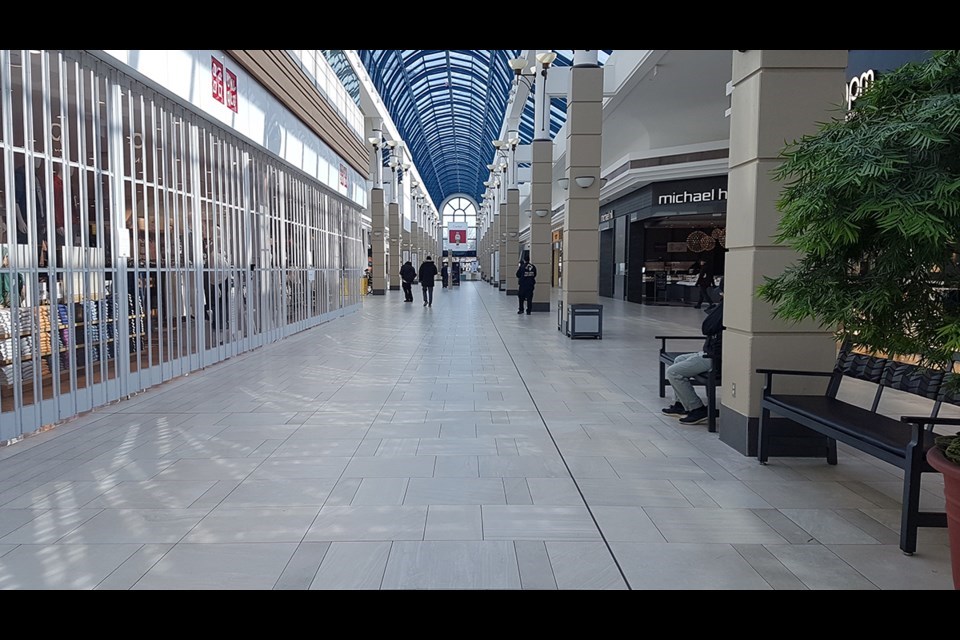Richmond lost 17,550 jobs between January and November 2020, according to a report provided to the city by a third-party consulting firm.
This means the employment rate remained down 13 per cent as of November 2020 from the start of last year, noted the Cascadia Partners report released to the city in December 2020.
The report also found that 26 per cent of businesses in B.C have reduced their working hours and business revenues have declined 17 per cent in the same time prior. Younger and less well-educated employees were more likely to be laid off.
The sectors in Richmond found to have been hit hard included construction, manufacturing and warehousing, primarily due to significant disruptions to their supply chains.
Meanwhile, transportation (including tourism and aviation), accommodation and food service industries had been temporarily shut down either in full or in part due to public health restrictions.
But despite 25 per cent of workers in the accommodation and food services industry losing their jobs, tourism remains one of the city’s critical economic drivers, according to the report.
COVID-19 had minimal impact on the local real estate market despite transaction values dropping last spring.
“The purpose of the analysis of the impacts of COVID-19 in the City of Richmond is to reveal where the most substantial economic impacts have taken hold to-date and which impacts are anticipated to persist or take hold over the coming years,” read the report, stressing that this isn’t an economic recovery strategy, but the report reveals several recovery directions for further exploration.
Nancy Small, CEO of the Tourism Richmond, said she has been very careful when it comes to using the word “recovery” since the tourism industry has been the hardest hit and there is no doubt that it will take longer to recover.
It won’t be until some markets such as international and business travel, as well as cruising, reopen that the tourism industry can talk about a recovery, said Small.
“There is no way that we are going to recover in any short time,” she added.
That said, tourism has been receiving significant financial support from both the provincial and federal governments, added Small.
The report also found that while by displacement has caused hardship for some, people with specific skill sets could help some emerging industries rebound stronger than before, such as technology management, data management and cybersecurity.
Here is a breakdown of COVID-19 impact on industries and job losses in Richmond according to the Cascadia report:
Industries Job losses: (Jan.-Nov. 2020)
Manufacturing 1,900
Construction 1,875
Wholesale Trade 100
Warehousing 3,875
Retail Trade 800
Accommodation/Food services 5,150




